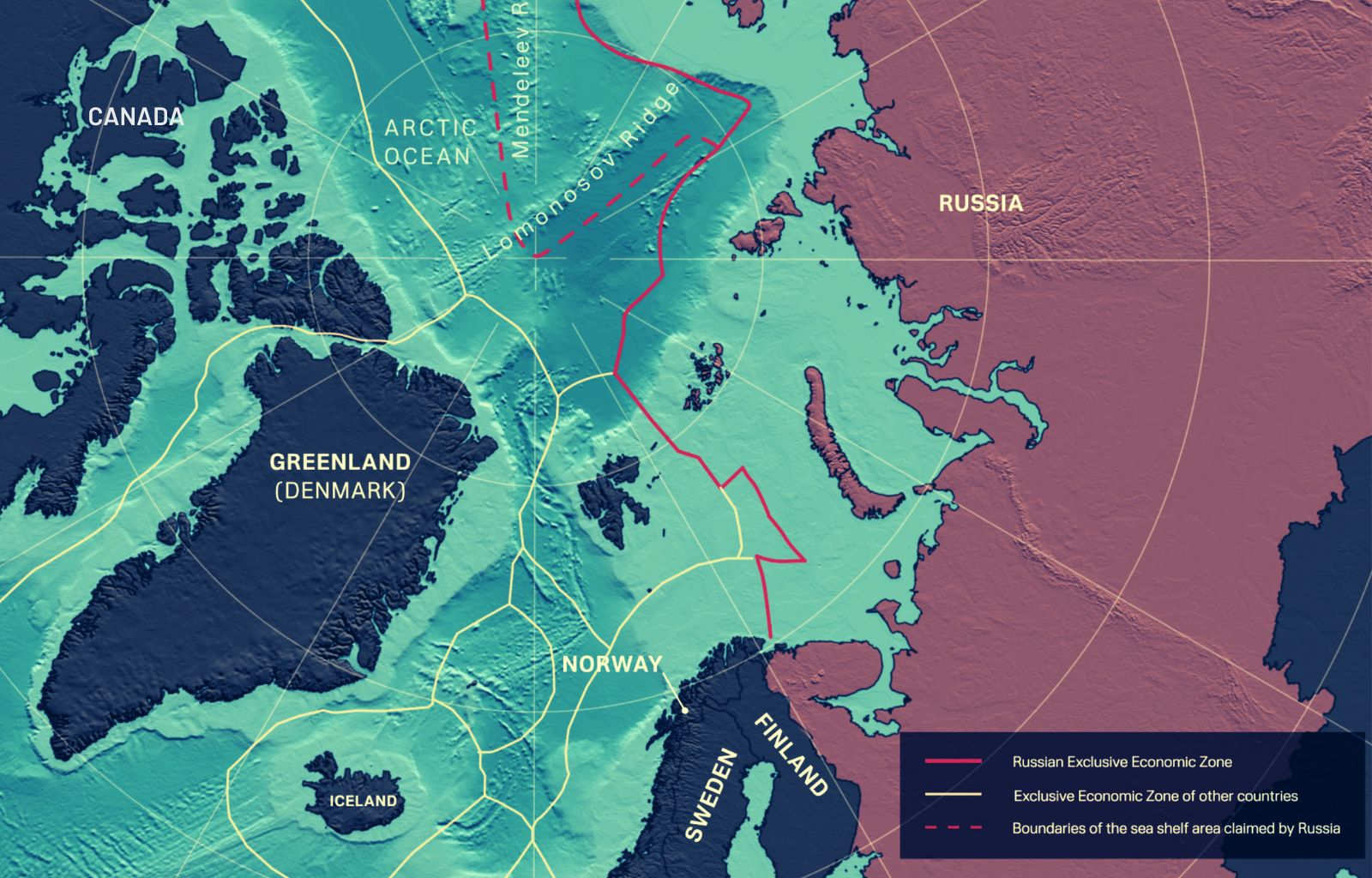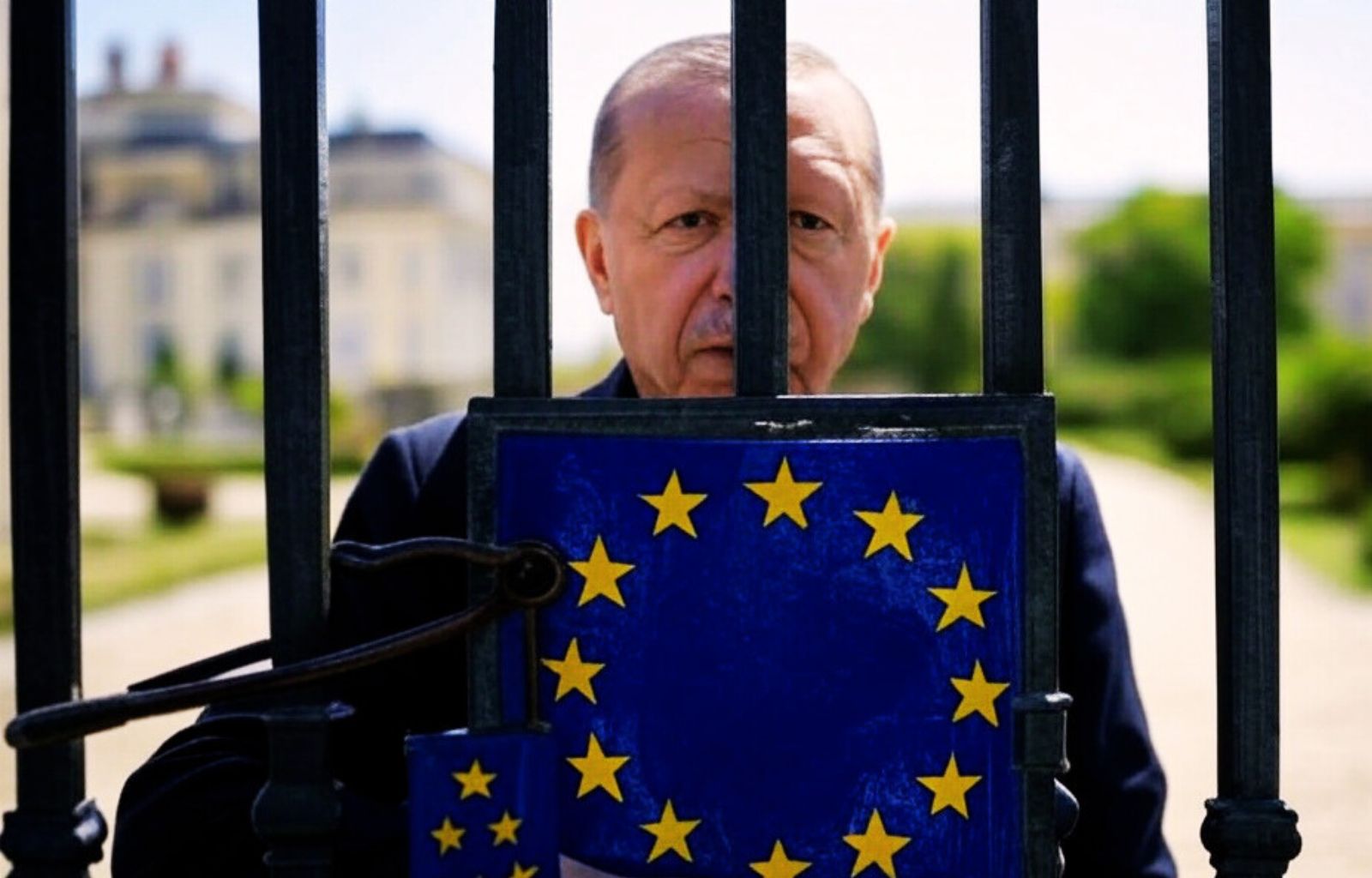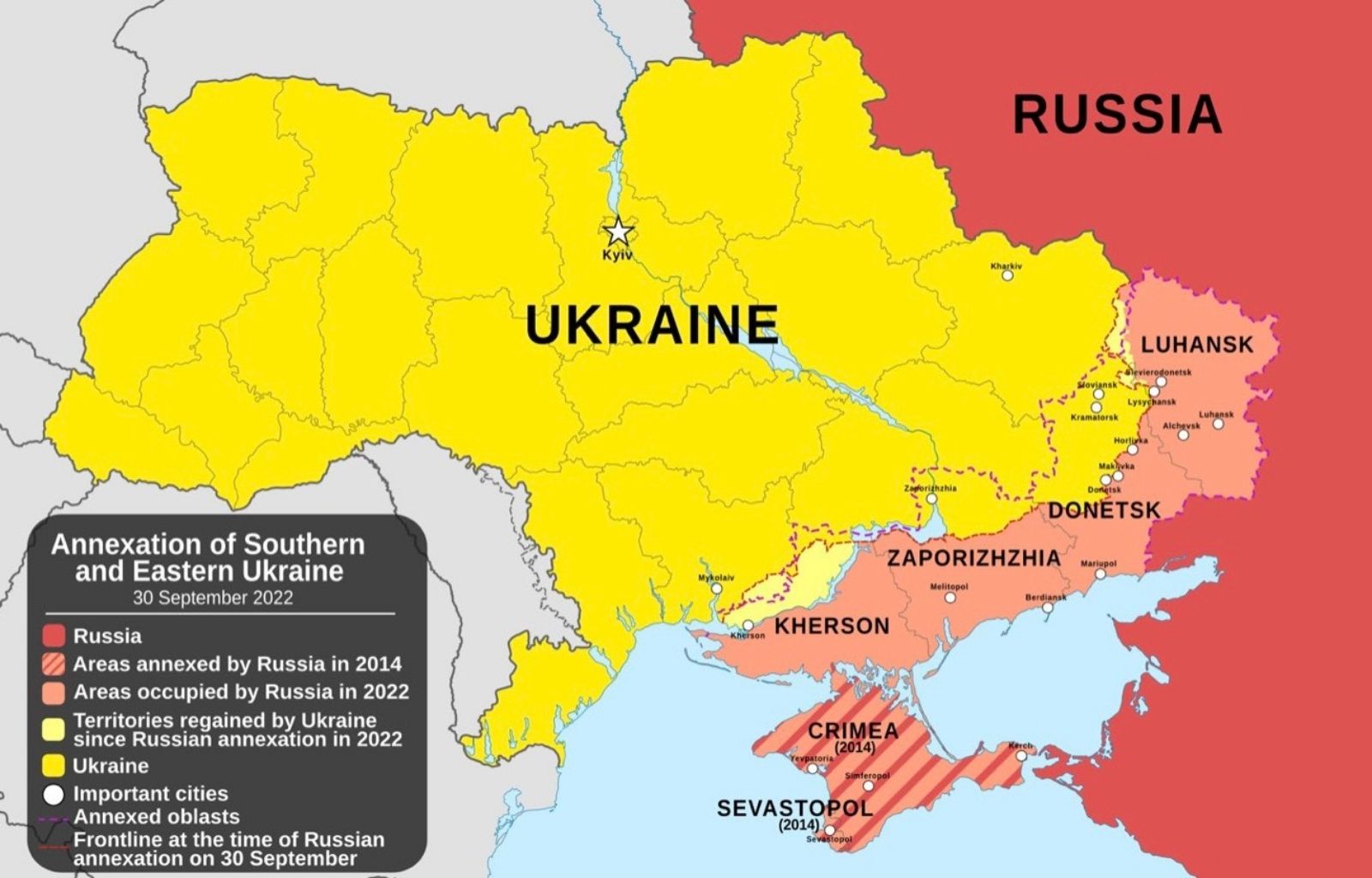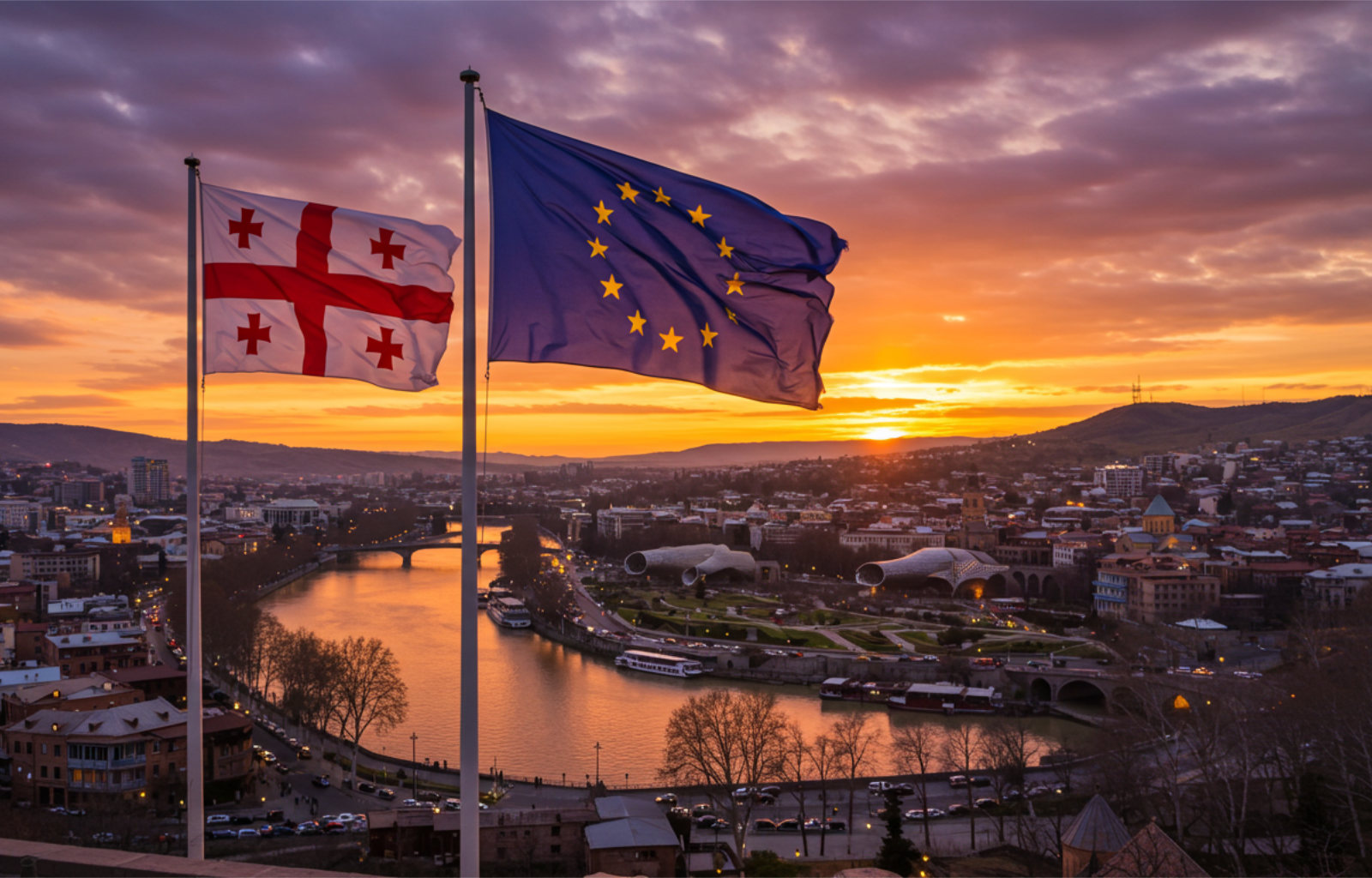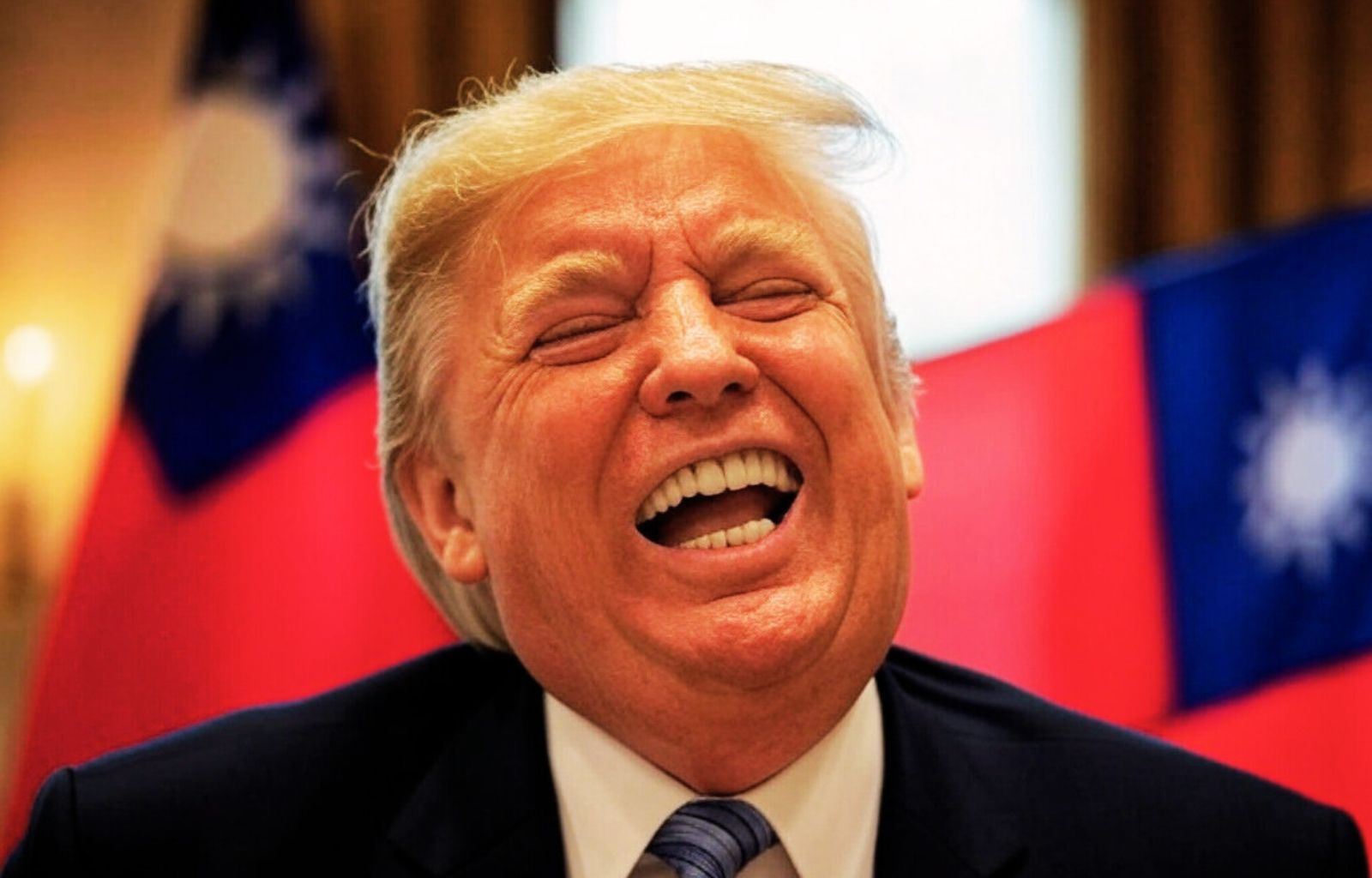Before invading Taiwan, Beijing is invading its social space

In recent years, Beijing’s strategy to reinforce its narrative on the Taiwan issue has taken new and worrying forms. While military activity in the South China Sea and the Taiwan Strait remains as high as ever, with manoeuvres simulating an encirclement of the island and the possible disruption of submarine communications, it is on the information front that an equally crucial game is now being played .
Chinese Communist Party (CCP) propaganda has found a powerful tool in social media, exploiting influencers, digital platforms and targeted campaigns to spread a pro-Beijing narrative and destabilise Taiwanese public opinion. China is the expert and queen of communications, and with TikTok, which has depopulated the world for years now, it needs no teaching in this area.
The role of influencers in disinformation made in China
Recently, the case of Chinese influencer Liu Zhenya, known as ‘Yaya in Taiwan’, has reignited the debate on information manipulation. Expelled from the island for national security reasons, Liu used platforms such as Douyin (the Chinese version of TikTok) to promote CCP rhetoric, openly advocating the need to unify Taiwan by force.
Taiwanese authorities have identified its contents as part of a broader influence campaign linked to the United Front, a mechanism used by Beijing to penetrate foreign societies and shape their public discourse. A way for Xi Jinping to shape reality at will, especially the reality around and within Taiwan.
Liu’s expulsion is not an isolated case, however. Other Chinese influencers, married to Taiwanese citizens, have been investigated for spreading pro-unification messages and undermining social stability on the island.
This phenomenon underlines how China is adapting its information warfare techniques, shifting from traditional media control to the manipulation of digital platforms, where younger audiences are more exposed.
Another emblematic case of how deeply China is entering Taiwanese society is that of the Taoyuan policeman, who praised Beijing on TikTok, declaring that he ‘loved his homeland, China‘, a clear message aimed at the reunification so much desired by Xi Jinping and the non-real division between China and Taiwan now well known from Chinese propaganda.
TikTok and the information war
The use of TikTok as a propaganda tool is now well established. Although officially separate from Douyin, TikTok shares the same technological architecture and content policies.
Beijing has used the platform to spread targeted messages, pushing narratives favourable to the Chinese government and reducing the visibility of critical content.
This mechanism seems to be particularly effective among the younger generations, who tend to ‘consume’ information through short videos and viral content rather than through traditional media.
The impact of this strategy is not limited to Taiwan. In other parts of the world too, influencers and anonymous accounts spread messages aimed at improving China’s image, downplaying criticism of internal repression and promoting the legitimacy of its territorial claims.
Manoeuvres military and psychologicalpressure
In parallel to the information war, the military escalation in the Taiwan Strait continues unabated. Taipei’s annual Han Kuang exercises, scheduled for July, include simulations of Chinese attacks and defence strategies against a possible naval blockade.
On the other hand, Beijing intensifies its activities, with the deployment of new amphibious units and the increasingly sophisticated use of drones for surveillance of the island.
According to many analysts, 2027 could be a key date for Xi Jinping’s ambitions for Taiwan. This prediction is based on a combination of strategic factors, including the enhancement of Chinese military capabilities, the evolution of the geopolitical environment, and the development of relations between Washington and Taipei. But Beijing’s strategy, as already mentioned, aims mainly at a slow erosion of Taiwanese resistance through disinformation and economic pressure.
Beijing’s propaganda is more active than ever, with a combination of psychological warfare, social disinformation and military pressure. Taiwan’s reaction shows a growing awareness of the threat, with increasingly firm measures to counter Chinese interference. Meanwhile, the central government in Taipei has ordered the expulsion from the island of the influencers indicted for inciting the Chinese invasion of Taiwan.
On these pages, we will continue to follow, because as we have already written, for us the Taiwan issue is the crush test of the world order.




